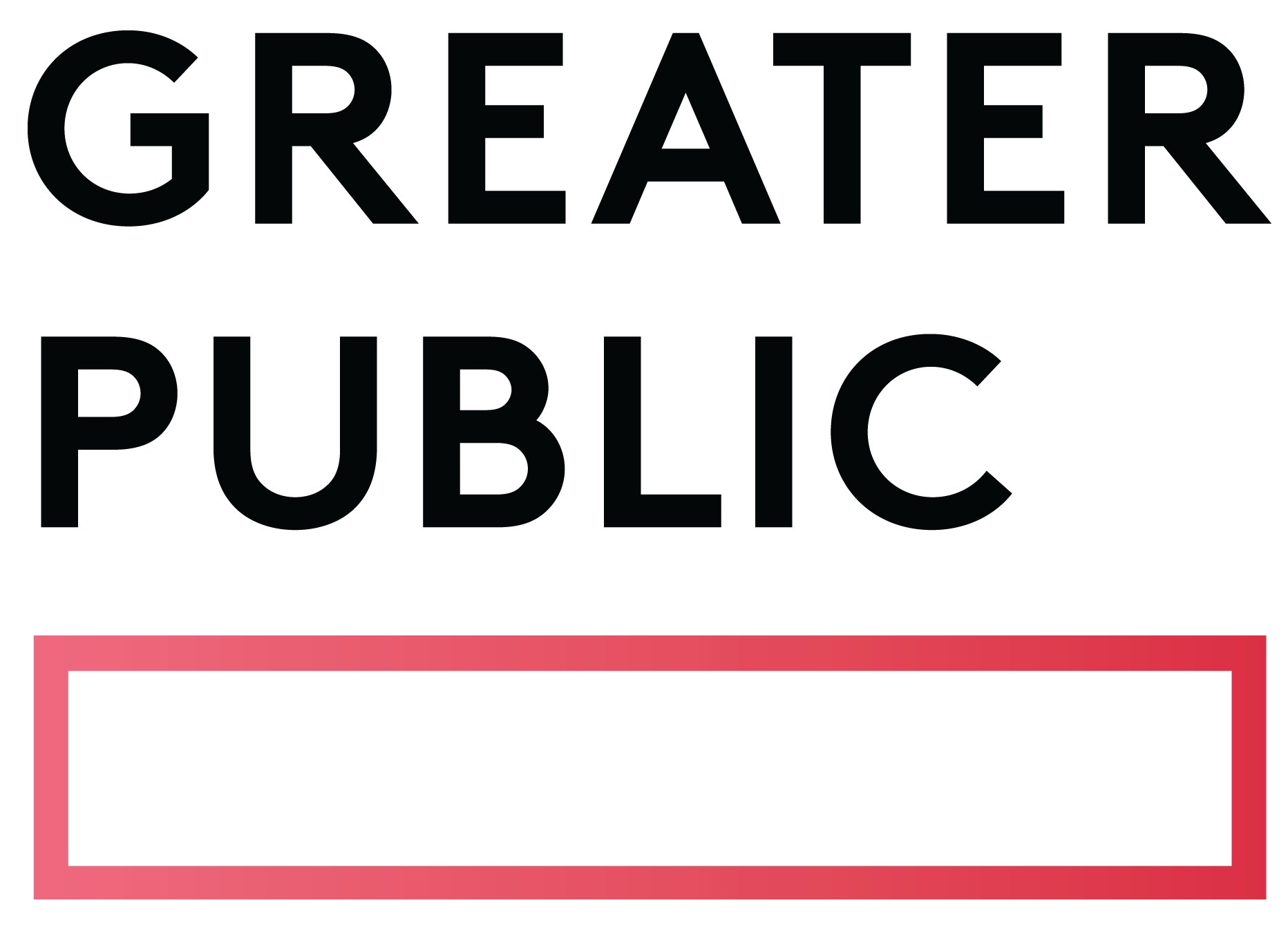EG: You mentioned that coaching is particularly valuable with diverse teams, including generational diversity. Can you elaborate on the different generations in the workplace right now, and evolving expectations from younger generations?
JW: In one newsroom, you could have an employee who’s a lifer and has been in public media for 14 years working alongside someone who is two years into their professional career. Each generation has unique expectations about what they need in the workplace. For example, Baby Boomers would stay with one company, toxic culture or not, for the length of their career. There was the expectation that sticking it out would be rewarded over time with the guarantee of a pension. Now, Millennials and Gen Z are the most diverse population in the workforce. They will not stick it out in a toxic culture, there are no pensions. Instead, what matters to them is being in an environment where people think about their wellbeing. They want people to check in, “Hey are you ok? How are things at home?” The expectation that they feel valued is now table stakes in the workplace. If they don’t find that, within 2-3 years, they’re moving on. You don’t have a long runway to convince someone to stay in the organization. Bringing coaching practices into my work helped me be a more inclusive and equitable manager. I was able to explore what well-being meant to each person, honor their differences. As a coach, you’re curious and compassionate, you see your employee as a complex human being who wants to succeed and wants to be valued and recognized.
Now, that doesn’t mean everyone is going to like the task they’re doing every time. It doesn’t mean there aren’t going to be moments when we have difficult conversations about the work. But it does mean that people are going to feel valued, want to be there, and put in additional effort when challenges arise.
EG: You also called out the myth of the “bad” employee. Can you say more about the link between feeling valued and work performance?
JW: If you think of a time when you didn’t like your manager, it was probably because in some way they devalued you, your ideas, or your work. When you’re working with people who come from different backgrounds, how you manage makes an impact on how they feel valued and how they’re able to succeed. I think about my own experience as a woman of color in spaces that were often predominantly white and predominantly male. I had male bosses who did not ask me why I didn’t speak up in meetings. In fact, I once had a male boss who told me, “I need you to talk more in meetings.” He wasn’t cognizant of the complexities of my lived experience as a Black woman in the industry, which didn’t make speaking up easy for me. If he had asked me why I wasn’t talking in meetings, I would have explained that the last three times I spoke in the meeting, I was talked over, and my ideas were disregarded. At that point, I didn’t feel comfortable or safe speaking up in meetings because I didn’t feel respected or valued.
If he had taken the time to ask why, maybe we could have worked together to find a way to increase my confidence. Or maybe he could have been an executive sponsor for me in those meetings and said, “Janeen, what do you think about this issue? I know we talked about this in our one-on-one, can you share your ideas?” That would have given me support and encouragement to stop shutting down every time I walked into a conference room.
EG: Telling you to speak up wasn’t going to get your best ideas. But being curious about your experience might have.
JW: Exactly. His way of solving my problem was to tell me what to do. Managers are not there to solve every problem. Often, people who are problem-solvers and fixers have been promoted into management roles. But the most impactful managers that I’ve had are the ones who were curious, asked questions, taught me how to fish, which encouraged me to build confidence in my own abilities.
The key is asking questions that identify what the everyday opportunities are for growth. Those questions can be as simple as, “How did you come to that solution?” Or “Tell me about what brought you excitement about that project.” Or even “Help me understand what was challenging for you in that experience.” These are probing prompts not just about the task, but about the employee’s critical thinking, lived experience, and processing skills. Managers need to understand where their employees are coming from. Effective coaching means caring more about the person and their growth than you do about their tasks.
EG: That’s such a key distinction. A manager is not there to delegate tasks, but is there to value the employee, and facilitate connections toward their potential.
JW: That’s right. I think when you’re a manager, you have an opportunity to actually share the power. Just because I am the manager or the boss in the situation doesn’t mean that I can’t learn from you. In previous forms of toxic culture, it was, “Well I am the person in charge.” When you’re an inclusive manager who embraces coaching, you are sharing the power and saying, “I can help you benefit from what you already know.” That’s helping people find autonomy. You are creating bridges between your employees and higher management, up to the executive level, you are bridging the gaps.








